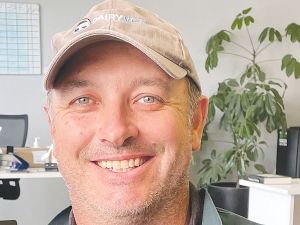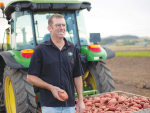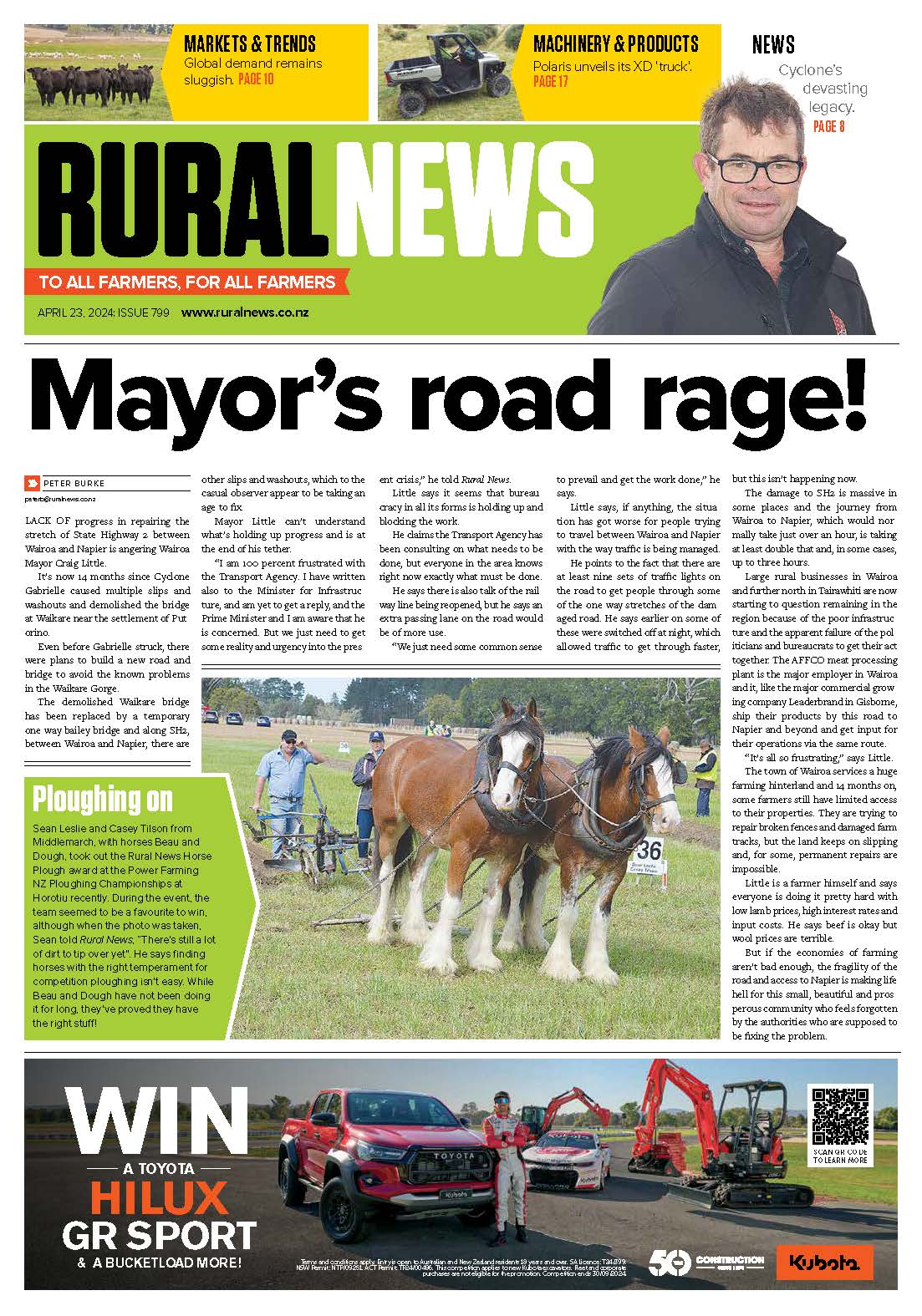In the article, Chris Morley, DairyNZ biosecurity manager stated that, in his opinion, he would bet on semen as the most likely source of the Mycoplasma bovis outbreak. Of course, Mr Morley is entitled to his opinion, but the fact of that matter is that MPI does not know how or when Mycoplasma bovis entered NZ, although significant efforts are being made to find out.
A full investigation is looking at six possible means of entry: live animals, imported semen, embryos, contaminated equipment, biological material (such as vaccines) and feed. While this is underway, we are not going to speculate on the origin of the disease in NZ.
We are dealing with a lot of uncertainty and it is possible that despite our best efforts, we may never know the exact source or route of entry.
Speculation, rumour and misinformation in situations such as this can be dangerous things when lives and livelihoods are at stake.
Intensive farming systems have been one area of misinformation. Mycoplasma bovis is common internationally, regardless of the farming system (indoors or outdoors). There is no evidence internationally that indoor farming raises the risk of Mycoplasma bovis infection.
But once the disease enters an indoor system, it is likely to spread more readily. To date, the animals that have tested positive for Mycoplasma bovis in NZ were farmed outdoors.
Another example of fear caused by misinformation is farms in South Canterbury and North Otago having contracts cancelled with customers looking at sourcing stock from other parts of NZ. This is disappointing and is not justified based on what we know of the current pattern of disease.
We have no evidence of any means of disease-spread other than from animals in close, repeated and prolonged contact on a farm at this stage. This includes no evidence that the disease has jumped fences and infected animals on neighbouring farms.
Since the start of this response in late July, we’ve carried out tens of thousands of tests of the infected, neighbouring and trace properties as well as district-wide testing in Waimate and Waitaki, and nationwide testing of bulk milk. The only positive results for the disease have been on seven infected properties, leading us to be cautiously optimistic that we are dealing with a localised area of infection around Oamaru.
We are moving forward with control measures to prevent further spread of the disease, with plans being developed with farmers to cull animals from the known infected farms.
What the South Canterbury and North Otago farming communities need right now is support. As much as possible, business needs to continue as usual. We realise that this is a worrying situation for farmers across NZ but business decisions need to be evidence-based and grounded in fact.
• Geoff Gwyn, MPI director readiness and response


















